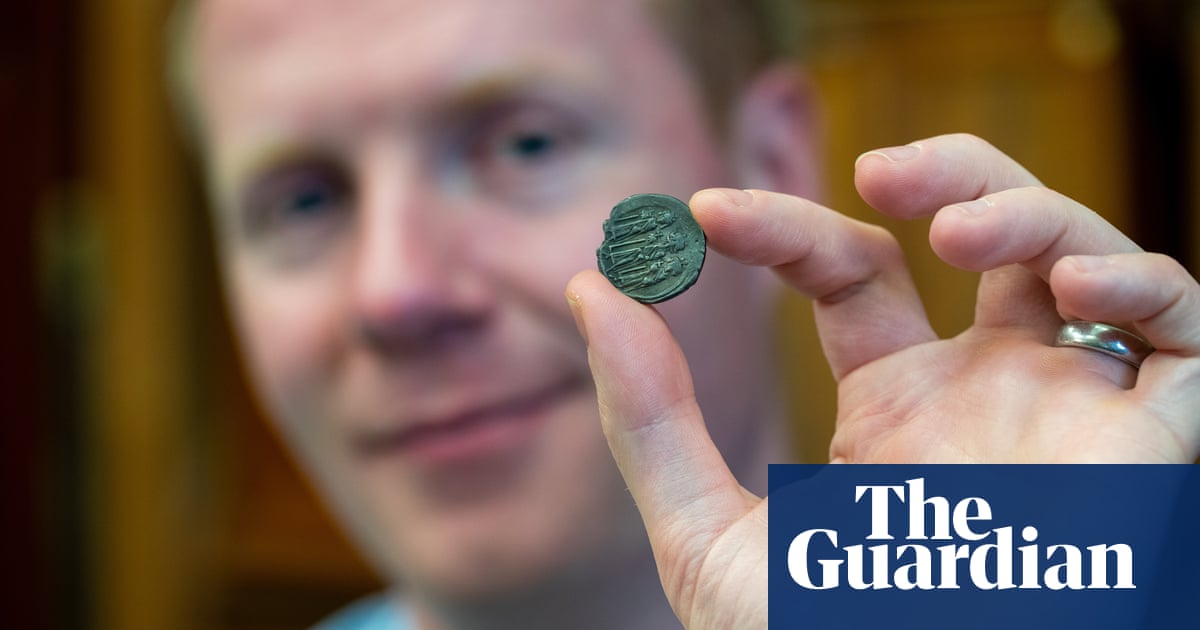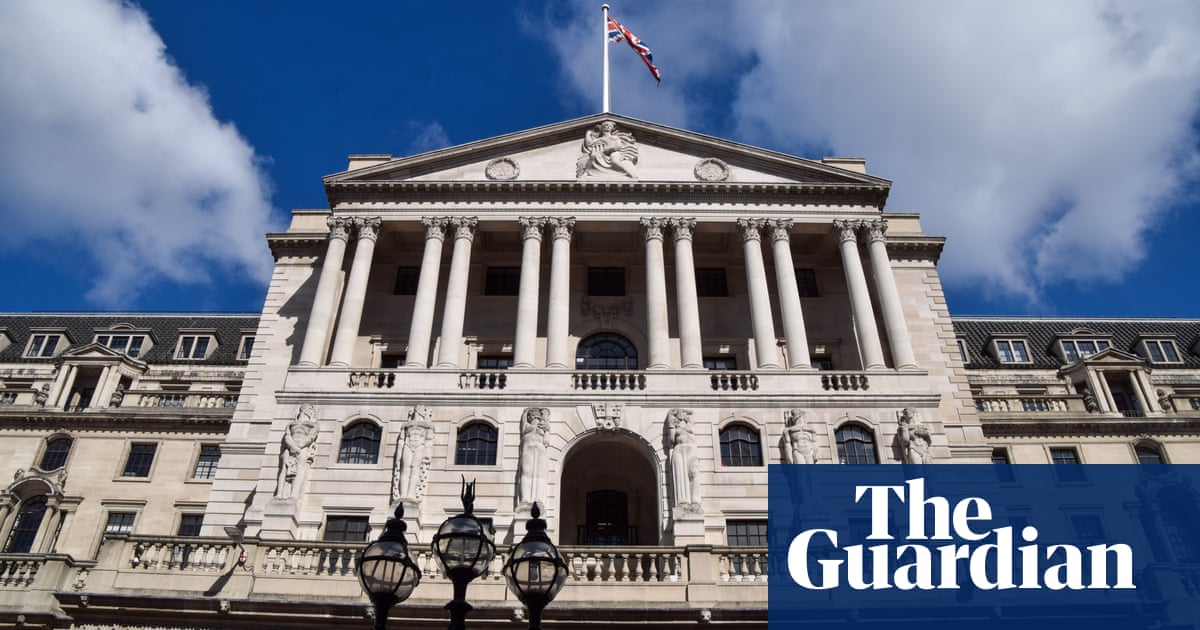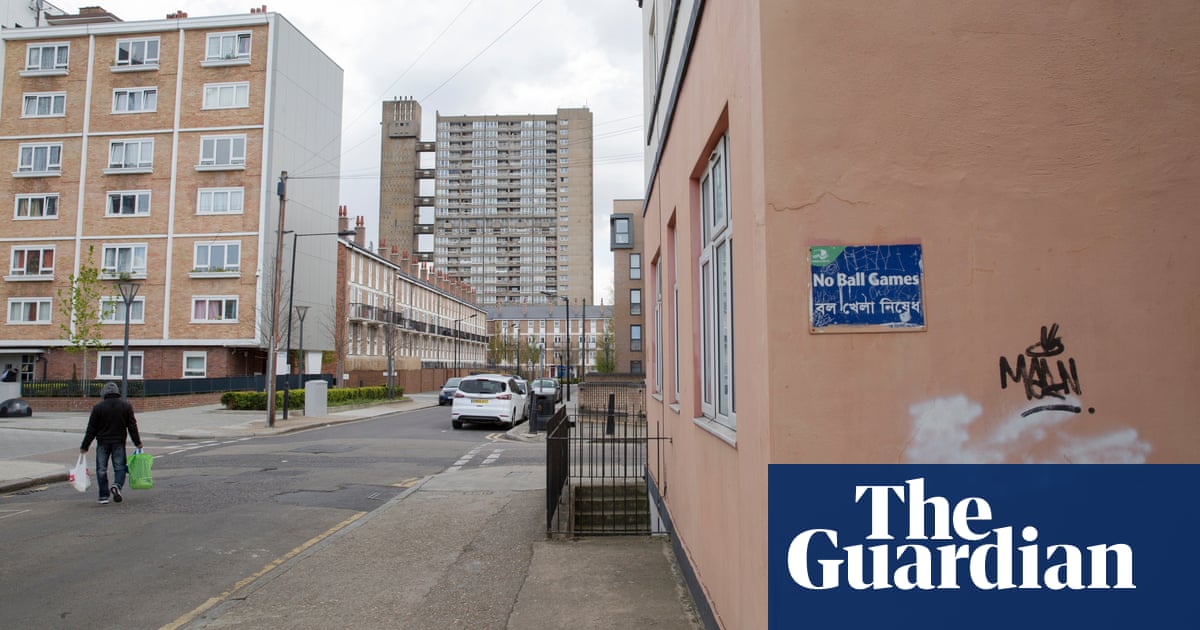
The health impact of belonging to some ethnic minority groups is equivalent to being 20 years older than your actual age, England’s largest ever study of health inequalities in BAME communities has found.
Not only are people from these groups often poorer and more likely to suffer from underlying health conditions, they are also more likely to report worse treatment when visiting their GP surgery, and insufficient support from local services, such as housing and social care.
The study, which surveyed almost 1.4 million adults aged over 55, provides fresh insights into why people of black and south Asian ethnic backgrounds have a greater risk of death from Covid than white people.
It found that for almost all ethnic minority groups, health-related quality of life was worse compared to white British people, with the average health of 60-year-olds belonging to five of the groups – Bangladeshi, Pakistani, Arab, and Gypsy or Irish Traveller – similar to that of an average 80-year-old.
Only Chinese people and black African men appeared to have better health outcomes than average. However, researchers said this could simply be down to the way age was recorded in the dataset, and the fact that many minority ethnic groups tend to have comparatively young populations, which could have skewed the results.
“Covid really is a health crisis within a bigger and more longstanding health crisis that we have not been paying enough attention to,” said Dr Ruth Watkinson, a research associate at the University of Manchester, who led the study.
“It is going to be really important that, as we move beyond the pandemic, we don’t start to look away again, and that we put health equality and equity right at the heart of any efforts to build back better.”
Although health inequalities between different ethnic groups in the UK are known to exist, much of this data is based on surveys conducted more than 16 years ago, which also contained barely any information about smaller minority groups such as Arab and Irish Traveller communities.
The new study, published in The Lancet Public Health, analysed responses from those registered at GP practices across England from July 2014 to April 2017. This included more than 150,000 people who self-identified as belonging to an ethnic minority group – the largest ever sample.
They were questioned about their experiences of visiting their GP practice, and how aspects of their daily lives – such as walking, washing and dressing, doing housework, or visiting friends or family – is affected by their health.
The researchers investigated what the cause of these disparities might be and found that, although social deprivation was more common among ethnic minority groups, this couldn’t fully explain the findings.
“We saw that, consistent with other findings, people from many ethnic minority groups are more likely to have certain long-term health problems, and a greater number of them,” said Watkinson.
“But on top of that we saw these different layers of disadvantage building up, so people from some ethnic minority groups are also more likely to report that they had a poor experience when they went to their GP practice.”
Dr Arif Dasu, who works at a GP surgery in Avenham, Preston, a socially deprived area near the city centre, said the problem boiled down to a lack of funding, engagement and insight on the part of government and services. “Previous and older generations, in particular, suffered with having to overcome racial, communal, social and language barriers. I have seen and heard some patients report feeling that they are less likely to be taken seriously than a Caucasian or white British person. This has led to a lack of trust in the services and government,” he said.
He added that many first generation south Asians predominantly settled into a lower working-class background and health was not always their highest priority.
Mashkura Begum, a charity worker who has previously spoken of the devastation caused by Covid-19 in the Bangladeshi community in the West Midlands, believes as well as the social determinants there is systemic inequality.
Begum, who is a trustee at Saathi House, an inner-city women’s organisation, and public contributor at National Institute of Health Research (NIHR), said: “Very few ethnic minorities are involved in the design, discussion or delivery of the service they are service users of. Language barrier is used as a common factor, however in reality there is a cultural inertia by the health leaders to make the necessary changes.”
Previous data from the Office for National Statistics (ONS) suggested that black people have a fourfold higher risk of dying from Covid than white people, but that there were significant differences between ethnic groups, and men and women.
Such stratification of ethnicity in data reporting is essential if we are to truly understand the picture of health for the diverse UK population, said Ore Odubiyi, director of BME Medics, an organisation committed to improving diversity and inclusion in healthcare.
“By highlighting specific ethnic groups found to have significantly lower health-related quality of life, this study elucidates an issue with terms such as BAME, [which are] used so widely in UK data collection methods. The aggregation of many distinct people groups gives rise to much potential to obscure and even erase the health impacts experienced by certain people groups – in this case, significant age-related health disadvantages in Gypsy and Irish Traveller, Bangladeshi, Pakistani and Arab ethnic groups,” she added.
Analysis has found that vaccination rates for the Covid-19 jab in England are much lower among ethnic minorities aged 80 and above than their white counterparts. Experts and politicians have expressed growing concerns over vaccine scepticism within minority ethnic groups, prompting the government to launch a targeted publicity campaign to increase confidence. Ministers have pledged a fund worth more than £23m to try and quell the spread of misinformation about the vaccine.












